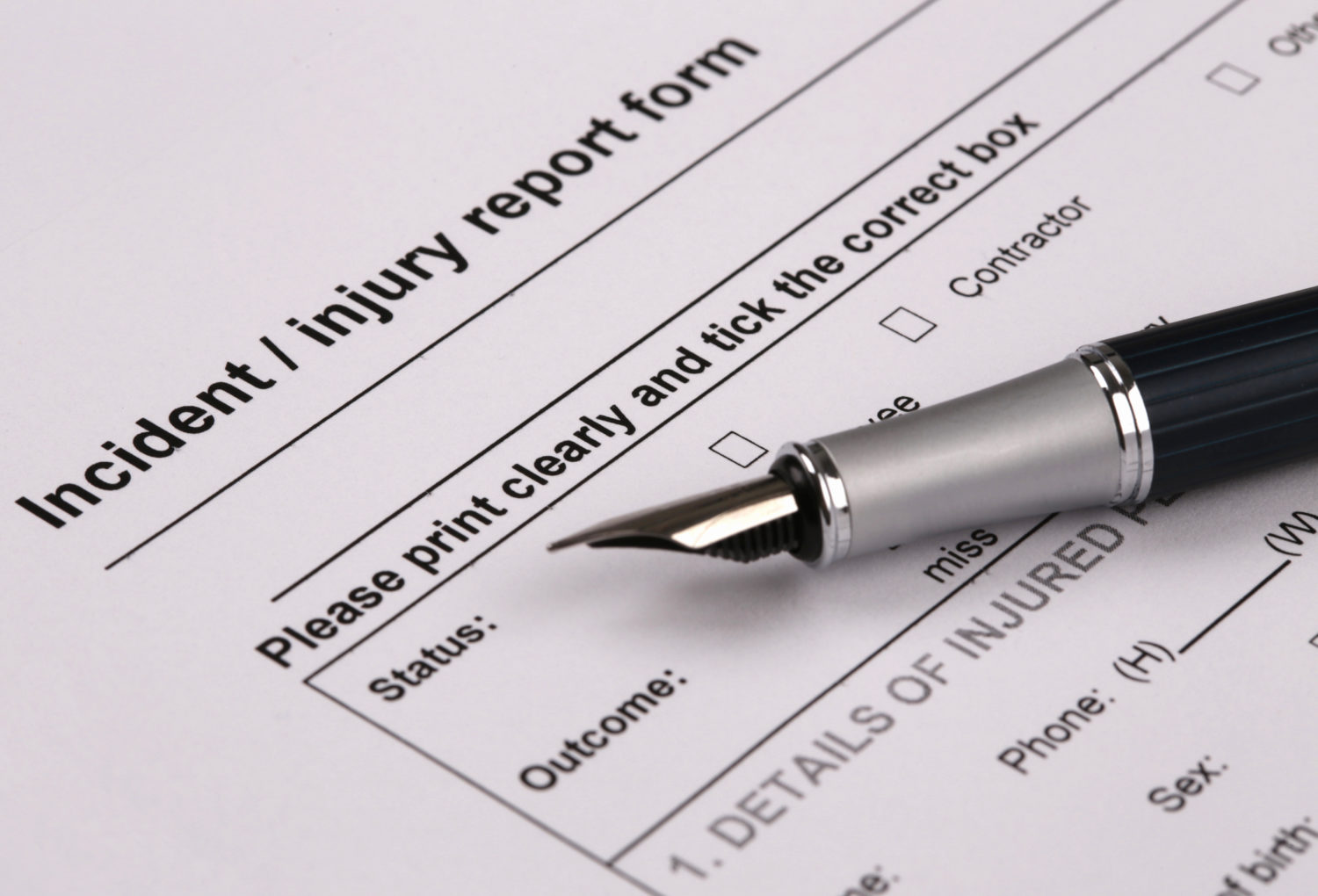
Truck Jackknife
Accident Attorneys
SCHEDULE A FREE CONSULTATION
Obtained Over $1 Billion in Settlements & Trial Verdicts
Experienced Representation for People Injured in Jackknife Truck Accidents
Commercial trucks are like any other type of vehicle, in that they can be involved in a wide range of different crashes, including everything from rear-end and head-on collisions to rollovers and sideswipes. Commercial vehicles are, however, also prone to specific kinds of crashes, including jackknife accidents, which occur when the trailer portion of a large truck swings to the side of the cab.
While some companies have begun installing onboard technology in their trucks to prevent these kinds of crashes, jackknife accidents still can and do occur at an alarming rate on Florida roads. Unfortunately, the injuries sustained in collisions with commercial vehicles are almost always severe, making it especially important for those who are involved in these kinds of crashes, to speak with an experienced Florida truck accident lawyer about seeking compensation for their medical bills and other accident-related expenses.
Contact Dolan Dobrinsky Rosenblum Bluestein Today
You Deserve Justice
What are Jackknife Accidents?
Jackknife accidents occur when the trailer, or rear portion of a semi-truck, swings to the side of the cab, creating a 90 degree angle between the two pieces. Due to their construction, all commercial trucks are at risk of jackknifing. Trucks that have been loaded with heavy cargoes are, however, the most likely to be involved in this kind of accident, especially if a driver reduces speed all at once. Drastically reducing one’s speed, when operating a commercial truck, will stop the cab, but won’t necessarily prevent the trailer from stopping. When this happens and the trailer keeps moving forward, pivoting where it connects to the cab, the result will be a jackknife accident.
Why are Jackknife Accidents So Dangerous?
Jackknife accidents, while they may seem less dangerous than other types of crashes, can actually have devastating consequences for other drivers who may be struck by the trailer as it swings out into traffic. Jackknifing trucks are also dangerous because they have a high risk of overturning, which can cause cargo spills, as well as multi-vehicle crashes. These kinds of accidents almost always result in serious injury and significant property damage.
What Causes Jackknife Accidents?
Most jackknife accidents are the result of driver error (i.e. a truck driver suddenly hitting the brakes). There are a variety of other factors, however, that can contribute to these kinds of crashes. Jackknife accidents are, for instance, more likely to occur on winding roads, where sudden decreases in speed happen more often. Other factors that make these kinds of rashes more likely include:
- Poor road conditions, such as wet pavement, potholes, or crumbling asphalt;
- Heavy traffic, which can result in drivers attempting to brake too quickly;
- Defective equipment, like the sudden failure of a truck’s braking system;
- Improperly loaded cargo; and
- Poor weather conditions, which can cause the road to become dangerously slick and can also impede visibility.
While drivers of passenger-sized vehicles can attempt to avoid these kinds of crashes by ensuring that there is plenty of room between themselves and any commercial trucks in their vicinity, this is by no means a guarantee of safety. Fortunately, motorists who are injured in jackknife accidents can often recover damages from the at-fault driver or the responsible trucking company for their losses.
We Help You Hold Negligent Driver’s Accountable
To speak with a dedicated Florida truck accident attorney about recovering compensation for your own crash, please call Dolan Dobrinsky Rosenblum Bluestein, LLP at (305) 371-2692 today.
Contact Us For A Free Consultation
Practice Areas
SEE ALL AREASREVIEWS
– Mary B.
Mr Dobrinsky and his team represented me and advocated on my behalf with such care, eventually reaching a settlement from a large corporation that demonstrated it had the resources and willingness to rebuff my case and my injury as long as served them. They were constantly sensitive to my personal experience but also keen enough to identify the best ways to lean into the merits of my case and how best to make me whole. I am so grateful to them, their heart and their acuity as a firm.